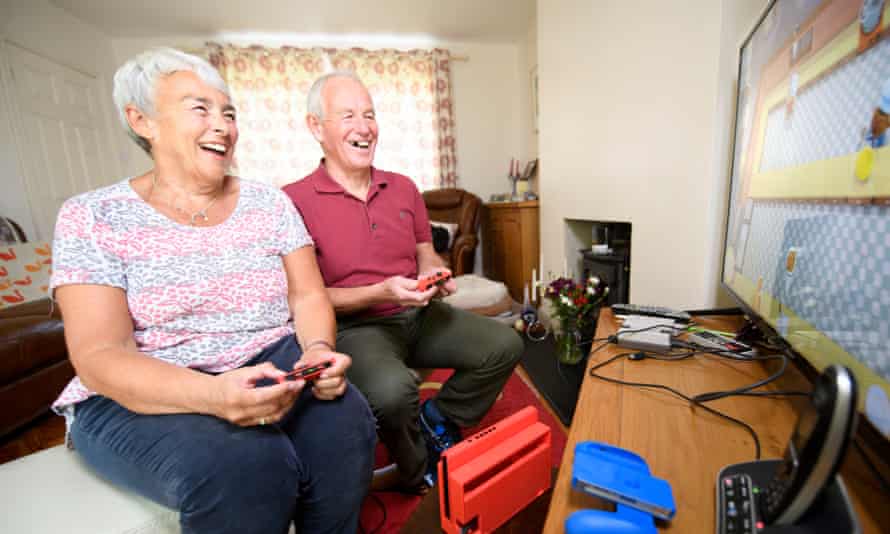'A wonderful escape': the rise of gaming parents -- and grandparents
Video game popularity soared during the pandemic, as people sought distraction and ways to connect with loved onesHelping his seven-year-old daughter Romy set up the Nintendo Switch she got for Christmas, Paul Cliff managed to get himself hooked on Animal Crossing. "I've somehow played over 600 hours on it since January," says Paul, 56, of the life simulation game where villagers carry out daily activities such as gardening, furniture arrangement and gathering fruits. "I love the collecting in it, it's so gentle and oddly rewarding," he says, recalling an afternoon spent fishing together when Romy finally caught the Stringfish she'd been trying to catch for ages. "She couldn't wait to show me. We've been amazed at each other's achievements and creativity," Paul says. "I've found it an immersive and relaxing experience. I love my wee island, it's a wonderful escape from what's going on outside our four walls."
Continued here